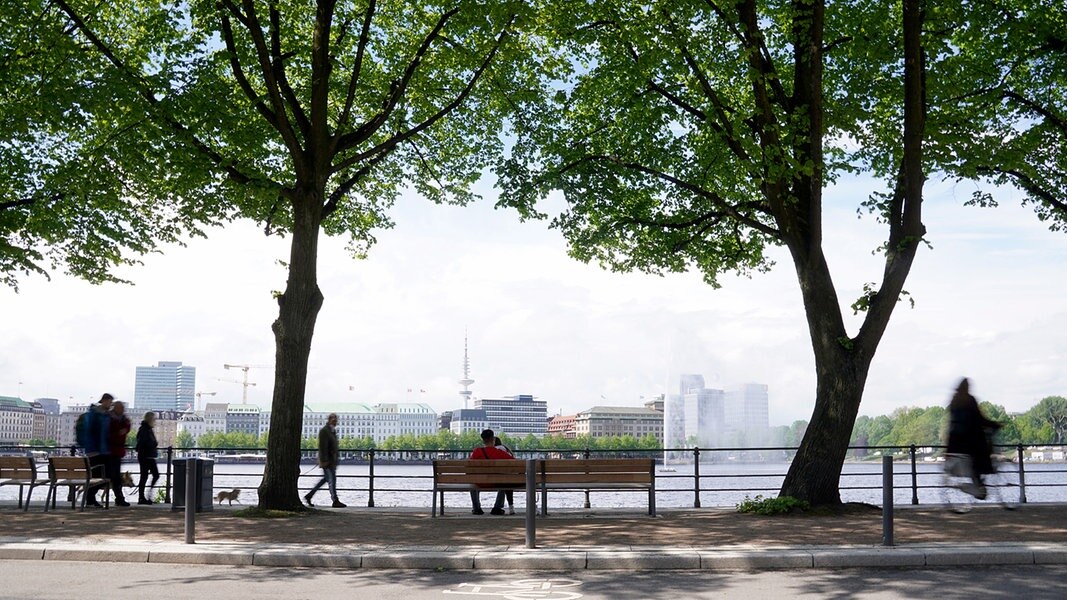The bust of Tatik (father, in Tzotzil), was unveiled by the governor and mayor in the remodeled esplanade of the Irapuato Market. In front of the house where as a child he lived. He was born here on November 3, 1924. His parents, Lupe and Maclovio, met in the United States, illegal immigrants. The first of his five children, Samuel, at age 13 he went to the Seminary of León. He studied theology at the Gregorian University in Rome. There he was ordained a priest in 1949. Rector of the Diocesan Seminary of León, in 1954. In 1959, at the age of 35, John XXIII made him bishop -the youngest in the country- and sent him to San Cristóbal de las Casas (he remained until 1999) . The Pope also summoned him to Rome to the Second Vatican Council (1962-1965), which had, among other axes: dialogue with atheism, unity of the churches, and the poor. The Conference of the episcopate in Medellín led him to make explicit in 1979 his commitment to “option for the poor”, fusing the Catholic religion and indigenous worldview, and dialoguing the sense of the divine of the native peoples with the Bible. And it is that, just as the Catholic Church learned in centuries to be a “digestive system, eat-stones from all over the world”, Samuel learned the same, to recognize the “signs of the times.” And he sought, as far as possible, to embody the “Sign of Contradiction”, in his circumstance.
My father – contemporary and from neighboring neighborhoods – lived with him at the seminary in León for 8 years. “He disliked being rated below 10.” The indigenous people taught him to be humble: “to look not only at Heaven, but downward and inward.” And he acknowledged: “A personal conversion and a profound change in the structure of society is urgent, because one thing cannot happen without the other” (He confirmed and sponsored my two brothers).
Like Bartolomé de Las Casas, a bishop also in Chiapas, 500 years earlier, he was the same radical defender of the dignity and rights of indigenous peoples. In 1989, when he founded the Fray Bartolomé de las Casas Human Rights Center, he stated: “I am me and my circumstances, I am me and my causes, which are yours (…) We cannot limit our concern to individual rights, but to collectivize our organization to children, women, prisoners … ”He learned Latin, Greek, Hebrew, Italian, French, German; and Tzotzil, Tzeltal, Chol and Tojolabal: being a bridge-patient-listener. A key mediator in the peace talks, after the Zapatismo uprising on January 1, 1994. (That April Luis Álvarez, president of the PAN, asked me to go and collect testimonies in San Cristóbal de las Casas, and press on the possible uprising. to the bishop, which was input for Luis’ positions). He promoted an inclusive Church, where everyone has a place, especially the poor and marginalized.
Attacked, also distinguished: The Simón Bolívar Awards, (UNESCO), for Human Rights (Nüremberg). Bartolomé de las Casas, from Spain. Honoris Causa Doctorates. Twice nominated for the Nobel Peace Prize. In February 2016, five years after his death, Pope Francis paid tribute to Tatik: he brought him flowers and prayed at his grave in the Cathedral of San Cristóbal de las Casas. He blessed its openness to other cultural legacies, to the digestion of the “stone-eating monster”. Appreciated in different confessions for his contributions to interreligious dialogue.
He was neither an angel nor a guerrilla commander. He was a standard sinner seeking to translate the Beatitudes of the most marginalized in his circumstances into terms of life. The following are still valid: his “call for consistency and personal change; patience and ability to listen to the other and the other; active non-violence as an alternative to build a society where everyone fits; not being afraid and facing the consequences of the options that we must assume. And to keep hope high, despite the regrets ”. It is honorable to participate in specifying, here and now, the bust-work of Laura Badillo-, to commemorate a universal irapuatense!
Juan Miguel Alcantara
– .


